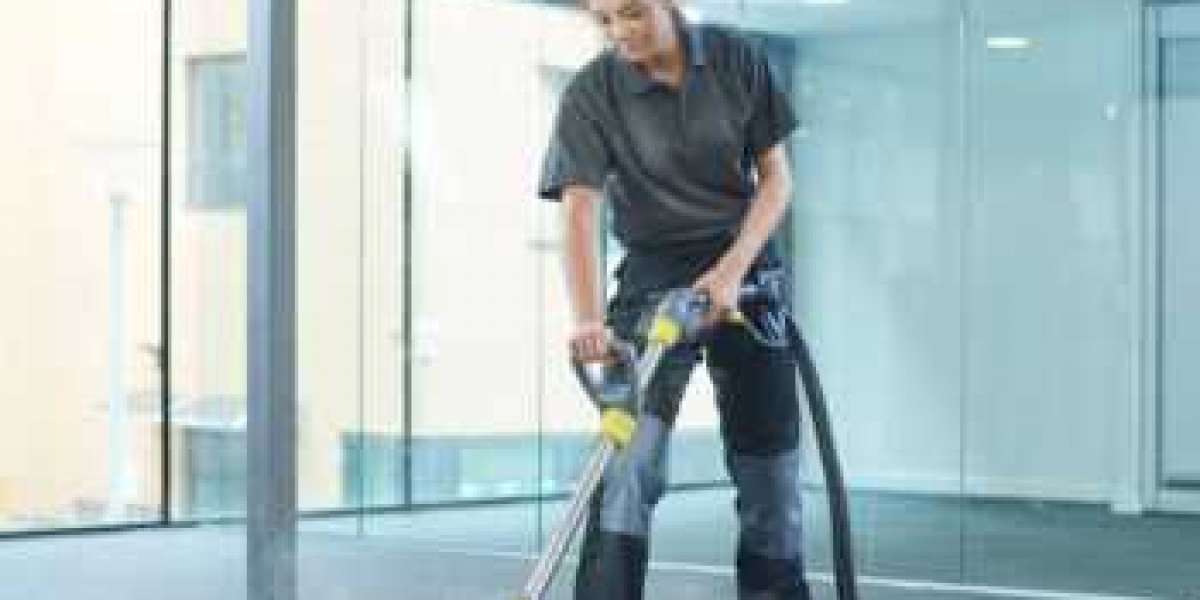When organizing large events, whether it's a wedding, trade show, corporate event, or festival, ensuring a comfortable environment for your guests is crucial. One of the most important aspects of event planning is temperature control. With unpredictable weather and fluctuating temperatures, using an event air conditioner can make all the difference. This guide provides in-depth information on event air conditioning, helping you choose the best unit for your needs, how to properly maintain it, and why it’s essential for large gatherings. We’ll also dive into the latest technologies and trends, ensuring you make informed decisions that can save time, money, and stress.
What is an Event Air Conditioner?
An event air conditioner is a portable or temporary cooling system designed specifically for large venues or outdoor events. Unlike standard residential air conditioners, these units are built to handle the higher demands of commercial and event spaces. They are used in a variety of settings, including:
Corporate events and conferences
Weddings and private events
Festivals and concerts
Trade shows and expos
Sports events and outdoor gatherings
Event air conditioners are highly customizable in terms of their cooling capacity, portability, and design to match the specific requirements of each event.
Types of Event Air Conditioners
There are several types of air conditioning units used for events, each suited to different environments and requirements. Here are the most common types:
Portable Air Conditioners
Best for: Smaller to medium-sized events
These units are compact, mobile, and easy to move around. They are typically used for indoor events in smaller venues.
Pros: Easy installation, low maintenance, affordable.
Cons: Limited cooling capacity, often not suitable for large spaces.
Evaporative Coolers
Best for: Outdoor events in dry climates
These work by drawing in warm air, cooling it through evaporation, and blowing it back into the space.
Pros: Energy-efficient, environmentally friendly, affordable.
Cons: Not effective in humid environments, less powerful than traditional air conditioners.
Split System Air Conditioners
Best for: Medium to large events
These systems consist of an outdoor compressor unit and an indoor air handler. They offer efficient cooling over larger areas.
Pros: Quiet operation, effective for medium-sized venues.
Cons: Installation can be more complicated and expensive.
Chilled Water Air Conditioning
Best for: Large-scale events and venues
These systems use chilled water circulated through coils to cool large areas. Often used in convention centers, arenas, or large outdoor festivals.
Pros: Efficient for large venues, consistent cooling.
Cons: Higher upfront costs and more complex setup.
Centralized Air Conditioning Systems
Best for: Permanent installations in large venues
These systems are typically installed in large venues like convention centers or sports arenas.
Pros: Powerful, long-term investment, cost-effective over time.
Cons: Expensive, not flexible for temporary events.
Factors to Consider When Renting or Buying an Event Air Conditioner
Selecting the right air conditioner for your event requires considering several factors to ensure both comfort and efficiency.
1. Size of the Event Space
Determine the square footage of the space you need to cool. Larger spaces, especially outdoor areas, may require more powerful units.
Use a BTU calculator to assess how much cooling capacity you need based on the space's size and the number of people attending.
2. Indoor vs. Outdoor Events
Indoor: Portable units and split systems are often best for indoor events.
Outdoor: Evaporative coolers and larger, portable air conditioners can be used for outdoor events where electrical outlets and water sources are accessible.
3. Climate Conditions
Hot and dry climates may benefit from evaporative coolers, while humid climates demand more traditional air conditioning solutions for effective cooling.
4. Noise Levels
Noise can disrupt events. Opt for air conditioners with lower decibel ratings to ensure a comfortable atmosphere.
5. Energy Efficiency
Opt for energy-efficient units to lower operating costs, especially for multi-day events. Look for units with high SEER (Seasonal Energy Efficiency Ratio) ratings.
6. Installation and Portability
Consider how easily the unit can be installed and moved. Some air conditioners require professional installation, while others can be set up by your event team.
How to Choose the Right Event Air Conditioner
Choosing the right unit can be overwhelming, but keeping these key points in mind will make the process easier:
Evaluate the cooling capacity (BTUs): Larger spaces require higher BTU ratings. The bigger the venue, the more power you'll need.
Assess the space layout: If your event has multiple rooms or areas, you may need several smaller units or one large, centralized unit.
Check air circulation: For outdoor events, ensure proper airflow by positioning units where they can reach the maximum number of guests.
Consider backup options: For larger events, it’s always a good idea to have backup cooling equipment to avoid system failures.
Benefits of Using Event Air Conditioners
Improved Comfort for Attendees: The primary benefit is keeping your guests comfortable. No one enjoys being too hot or too cold, and an air-conditioned environment ensures everyone can focus on the event.
Versatility: Event air conditioners can be customized for both small and large venues, indoor and outdoor spaces, and different climates.
Professionalism: Providing a climate-controlled environment adds a level of professionalism to your event, making guests feel cared for.
Enhanced Productivity: In conferences and corporate settings, temperature control leads to better focus and productivity.
Safety: In high-temperature environments, an air conditioner can help prevent heat-related illnesses and ensure the safety of guests and staff.
FAQs About Event Air Conditioners
1. How do I calculate the cooling capacity needed for my event?
Use a simple rule of thumb: for every 500 square feet, you’ll need 12,000 BTUs of cooling power. The more people in the space, the higher the BTU rating you’ll need.
2. Can event air conditioners be used for outdoor events?
Yes, but outdoor events may require specialized units like evaporative coolers or powerful portable AC units that can withstand the elements.
3. What is the average cost of renting an event air conditioner?
Rental costs vary based on the type and size of the unit, but prices typically range from $100 to $500 per day.
4. How long does it take to set up an event air conditioner?
Setup time depends on the complexity of the unit. Smaller portable units can be set up in 30 minutes, while larger systems may require several hours.
5. Can event air conditioners be used for multi-day events?
Yes, many event air conditioners are designed for continuous operation, making them suitable for multi-day festivals or conferences.
Table: Comparison of Common Event Air Conditioners
| Type | Ideal Use | Cooling Capacity (BTU) | Noise Level | Pros | Cons |
|---|---|---|---|---|---|
| Portable Air Conditioners | Small to medium indoor events | 8,000 – 15,000 | Low to Moderate | Easy to move, fast setup | Limited cooling capacity |
| Evaporative Coolers | Outdoor dry climates | 10,000 – 25,000 | Moderate | Energy-efficient, eco-friendly | Not effective in humid conditions |
| Split Systems | Medium to large indoor events | 18,000 – 60,000 | Low | Quiet operation, effective cooling | Higher upfront installation cost |
| Chilled Water Systems | Large-scale events | 60,000+ | Low | Ideal for large venues | Expensive, complex setup |
By understanding your needs, evaluating the types of available air conditioners, and considering your specific event parameters, you’ll ensure your guests enjoy a comfortable experience no matter the temperature.







